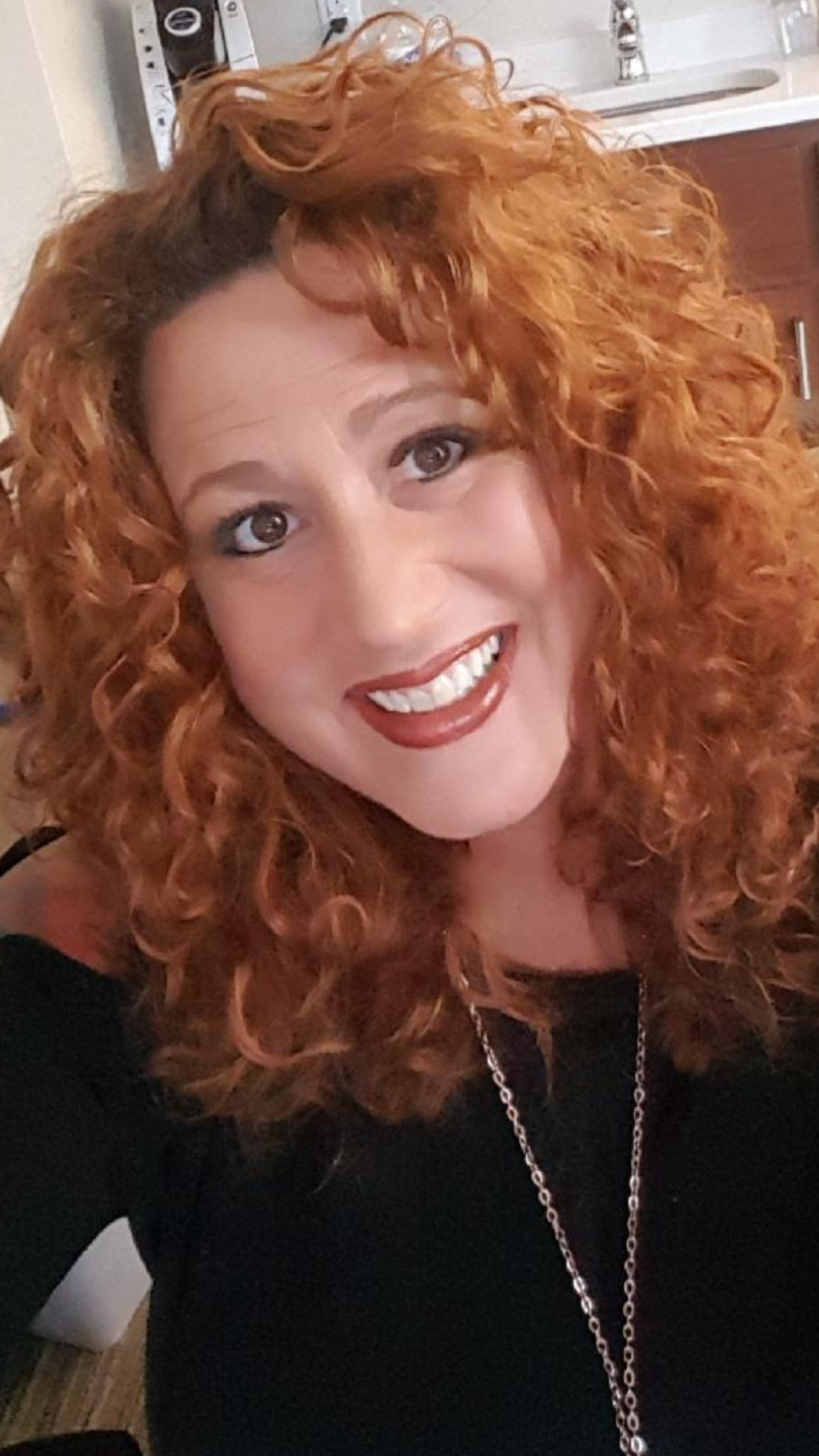Terri Lynn, “Absent parents – Don’t lie or make excuses. Don’t buy gifts from them and pretend because you’re worried about how their feelings are going to hurt. It hurts a lot worse when they get old enough to realize it was all a lie.
That being said, remember the important part – don’t put the other parent down either. That may be hard! Actually, it’s going to be really, really hard.
They’ll be sitting by the phone waiting for the birthday call, or on the step waiting to be taken for ice cream. You’re going to be hurt, enraged, and confused. So are the kids. When they ask you why, let your response be, “I really don’t know, but the next time you see them/talk to them, ask them.
Put it back on the other parent to explain their absence.” Tip #3
I so agree with Terri Lynn’s third tip on the absent parent. You really don’t have to explain, lie, or make excuses. I was given that tip early on by a Mom who attempted to shield her children from an absent father. She was given that tip by her therapist.
She was told, “Don’t try and make him out to be a hero. It will cause a great deal of confusion and conflict between you and your son.” I took that advice.
As Terri Lynn mentioned, it was hard to be mature around this. It did take my “Meryl-Streep-Mother-Mode” to not flip my lid!
I do not believe Moms have the luxury of losing their cool. Especially when an “adult” is disappointing your kid. I think it’s our job as Moms to model strength and maturity, with even more diligence!
I recall my son was waiting at the door, about 3 years old, looking out the window to for the “absent parent” to take him to the circus. WHO does this?! What kind of person promises a baby to take them to a circus, and does not show up?! Well, I know what kind!
I remember telling my son, “Maybe something happened, we’ll do something fun for now and find out later.” It’s our job to teach our kids to handle disappointment. It’s imperative to do it as soon as possible, before they hit any of life’s major disappointments. We assign the meaning for our kids. If we subscribe it has little meaning, then they perceive it has little meaning. We show the kids what matters in how we act and react.
Years later, it did become necessary to explain further. I had to educate my son on dealing with liars and idiots (not in those words). I had to teach him how to handle disappointment and difficult situations. I had to teach him the differences between responsible people and irresponsible people (Meryl-Streep-Mother-Mode).
In our case, these lessons started at age 3. Michael became confused when he saw irresponsible behavior. It was important I frame things well to ensure he in no way internalize these happenings.
It all depends how we, as Moms, present things. Rather than demonstrate my own disgust, I would act-as-if, it’s no big deal. I would explain, some people have difficult people in their world, in their family. I modeled those individuals were insignificant, and redirected him to something positive. I taught Michael how to manage and maneuver, rather than fight and excuse it.
As Michael got older I became a little more direct, and the situation became a little clearer. Michael deserved to have a better understanding of the truth, and why people behave the way they do. Before long I found it necessary to explained to him, in these very words, “Some do not understand responsibility. A person who is irresponsible usually makes other people sad. I’m sorry for that. Let’s go do something fun!”
I used irresponsible, poor, appalling, behavior as teachable moments. In the end, my son learned the value of being responsible. As a result, from the early years to this very day, Michael has a high regard for responsibility. Maybe one of the most responsible people I’ve ever known.
Michael all too quickly learned being irresponsible makes other people “sad.” He also learned I, his Mom, did not approve of irresponsible people. I never spoke poorly of the absent, un-parental figure, I only ever said, “He’s not a responsible person, and I don’t like people who are irresponsible.” That was as close to the truth as I could get (Full-on “Meryl-Streep-Mother-Mode).
Had I covered up, enabled, or excused this behavior, I think Michael’s disappointment would have been greater, deeper, longer lasting, and possibly directed at me. Had I not taken this time, Michael may have learned, adults lie, his Mom lies. He maybe have grown to be untrusting of everyone, untrusting of me. It was important to me he could count on me for honesty, age-appropriate honesty, even when it was hard, especially when it was hard!
As proven in Michael’s life, and with Elaina Marie’s son (Mom #11), and likely many others, our children have become stronger for it, or in spite of it. This unfortunate situation taught them the importance of integrity, maturity, and responsibility. I am confident Terri Lynn’s girls will continue to model their Mom’s integrity, maturity, and sense of responsibility.
As long as Mom stays cool, kids stay calm.

